Ask a dozen players, coaches, and executives how the NBA and its fans would respond to an openly gay player and you'll get two dozen answers.
A veteran guard will tell you that the collective ignorance in the league is too much to overcome. He believes this because his purchase of a condo in a cosmopolitan, gay part of town became a running joke among his teammates. Only a f****t would buy over there.
A leader in the NBA Players Association who has a decade of service in the league insists a sufficient number of voices would lend outspoken support both inside and outside the locker room. He thinks Barack Obama's public declaration in favor of gay marriage has a lot of capital among the legion of young African-American men who compose a majority of the players in the NBA and the NFL.
A head coach shakes his head, saying he wishes he had better news but that the epithets yelled on the practice court and the conversations he overhears on the team plane offer him little reassurance. From his perspective, the workplace environment isn't hospitable to a self-identified gay player.
A general manager feels the individuals who run NBA teams are too risk-averse to offer a contract to an out player because the potential disruption in team chemistry could get an executive or coach fired. The executive claims firsthand knowledge that players perceived as gay find it harder to land coveted roster spots in free agency.
This broad range of opinions underscores how little consensus there is over exactly how friendly or unfriendly the landscape is for an out gay player in a professional big-league sport.
Optimists believe the nation has reached a tipping point, that even the historically intolerant world of team sports, with its array of tricky socio-cultural issues, is ready to accept an openly gay athlete. Even if specific players around a league have objections, they're savvy enough to keep those feelings to themselves lest they embroil themselves in a war of words in the media.
Pessimists maintain that the incentives are stacked against a pro athlete coming out: the pointed trash-talk from opponents during games and teammates during practice; the isolation from being left out of group dinners on the road, ignored on the team bus, and shunned whenever it's time to undress; the risk that an agent might drop a gay player from his client list and that endorsement opportunities will evaporate; the fear that no team would want to deal with the inevitable media circus that would ensue while they're trying to win games. These pessimists also point to a culture where "no homo" and "pause" are common Twitter memes among pro athletes.
No one, regardless of where you fall on this continuum, is certain how the world will respond to a gay athlete in team sports, but the readiness of teammates, leagues, fans, and the wider culture isn't an issue -- it's an abstraction.
The truth is that there will be hostile fans who scream epithets from the stands at the first openly gay player. There will be certain superstars who will leverage their power within an organization to convince management to pass on signing that player. There will be companies that cross that player's name off a list of potential pitchmen for their products. And there will be coaches, managers, teammates, and team officials who resent having to answer an endless stream of questions from the press at every media availability. And there will be players who give our pioneer the cold shoulder, both on and off the field of play.
So whether we're ready or almost ready or a lifetime from being ready is irrelevant, because the world is never entirely prepared for social change. When our gay player comes out, there will be no parades, no plenary embrace, no pregame honors and no immediate gratification. Breaking down barriers is a painstaking, ugly slog that requires uncommon strength and faith that our best instincts will prevail. That's why we call such an endeavor courageous. If coming out as a gay athlete during one's playing career were easy, we'd call it something else.
Given our hyperactive news cycle and the expansive social platforms that service it, coming out as an active gay player won't merely be an announcement--it will need to be a full-fledged campaign.
The USA Network's dramatic series Necessary Roughness, which aired its season 3 premiere January 23, will confront such a scenario head-on. Necessary Roughness surrounds a professional football team in New York and will introduce a storyline in which the team's closeted quarterback will decide -- with serious apprehensions -- to come out.
The show's writing and production staff grapple with the full breadth of tasks associated with the process. The player doesn't casually drop the news in a routine media scrum. He does what any event of this magnitude would necessitate in 2013. An astute public relations firm is hired to help control the narrative. These professionals devise a careful media strategy. The quarterback enlists the support of a teammate (not altogether successfully at first) and the organization even hires a security detail to protect our hero from any would-be nutjobs.
The underlying message to the first professional athlete in team sports who will make history?
Represent yourself as a leader.
Because when this historic moment arrives, how this trailblazer crafts his story will ultimately determine whether the optimists' vision comes to life or whether we have to drag the sports world by the scruff of its neck into our new reality.
KEVIN ARNOVITZ covers the National Basketball Association for ESPN.com. He lives in Los Angeles.
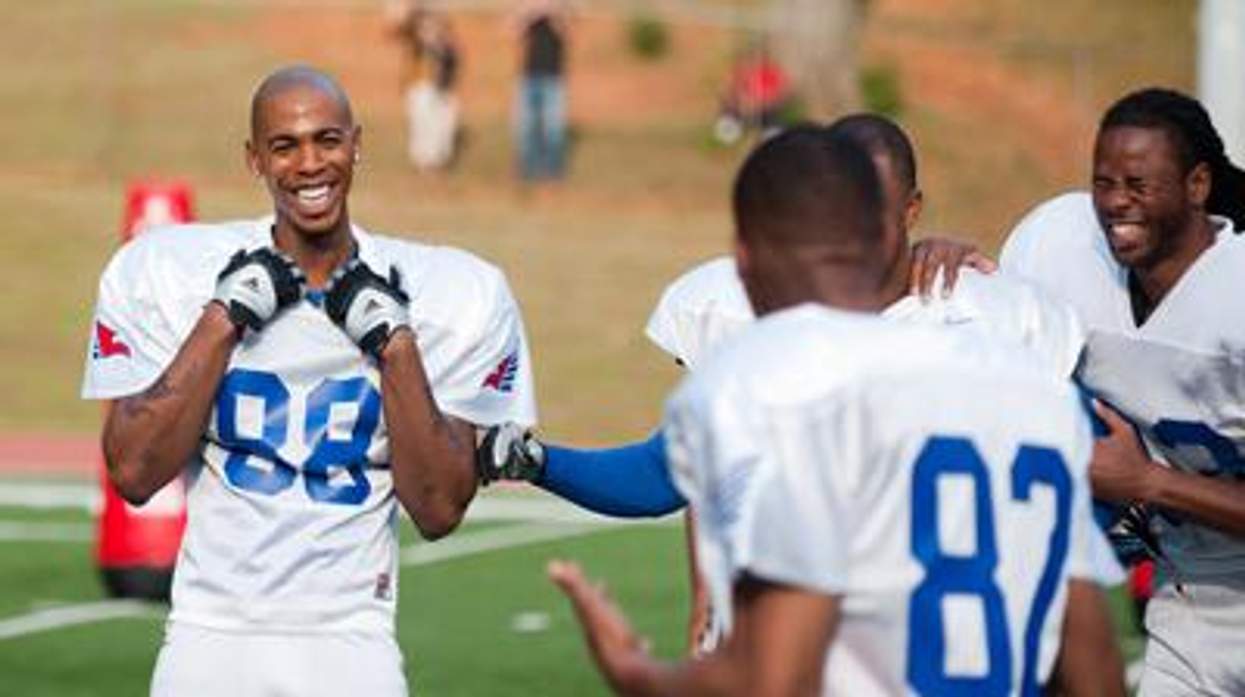

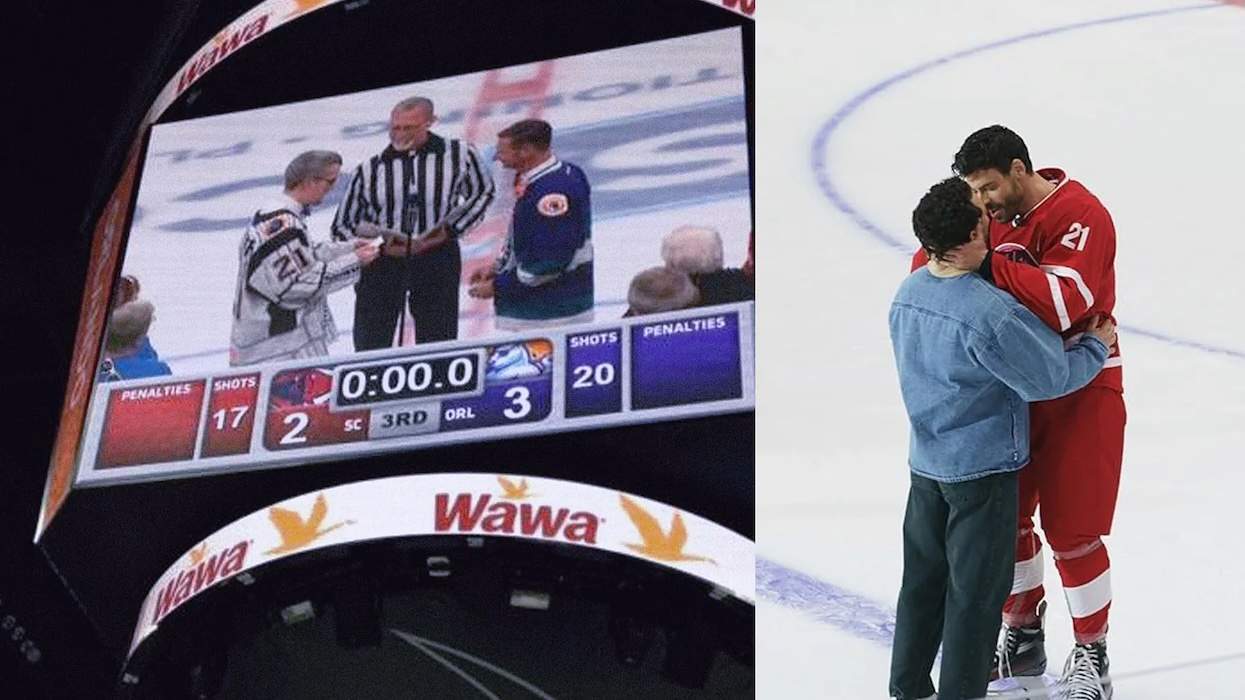









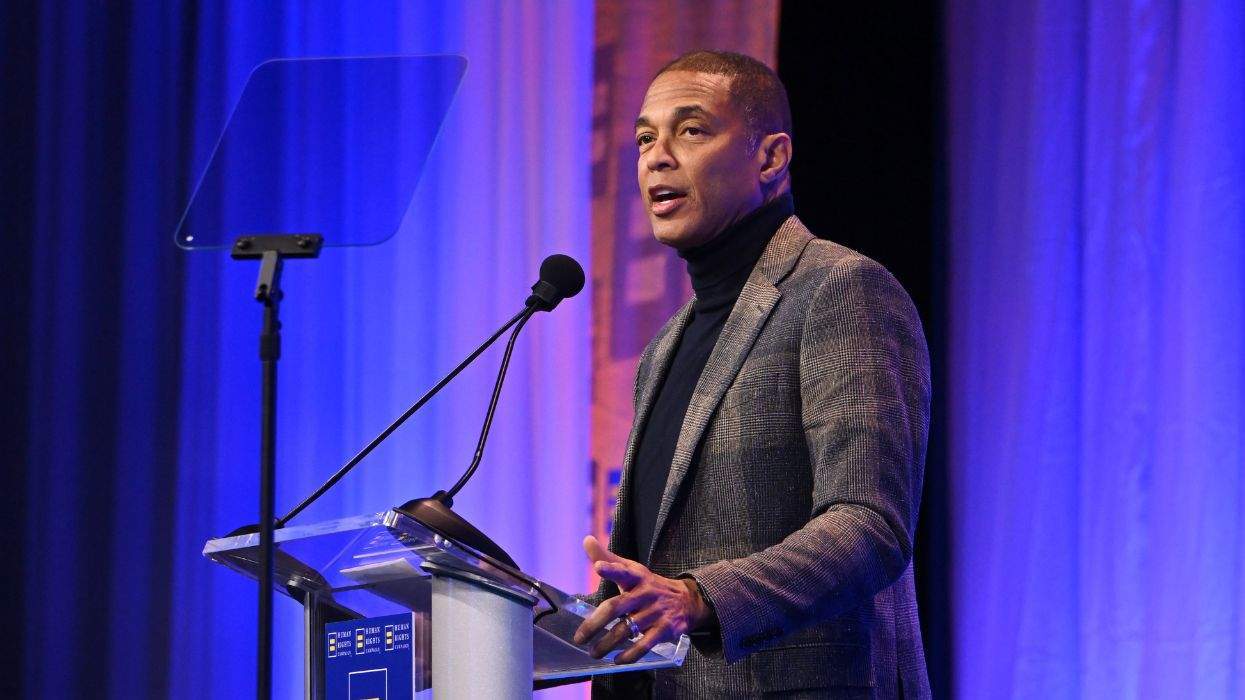
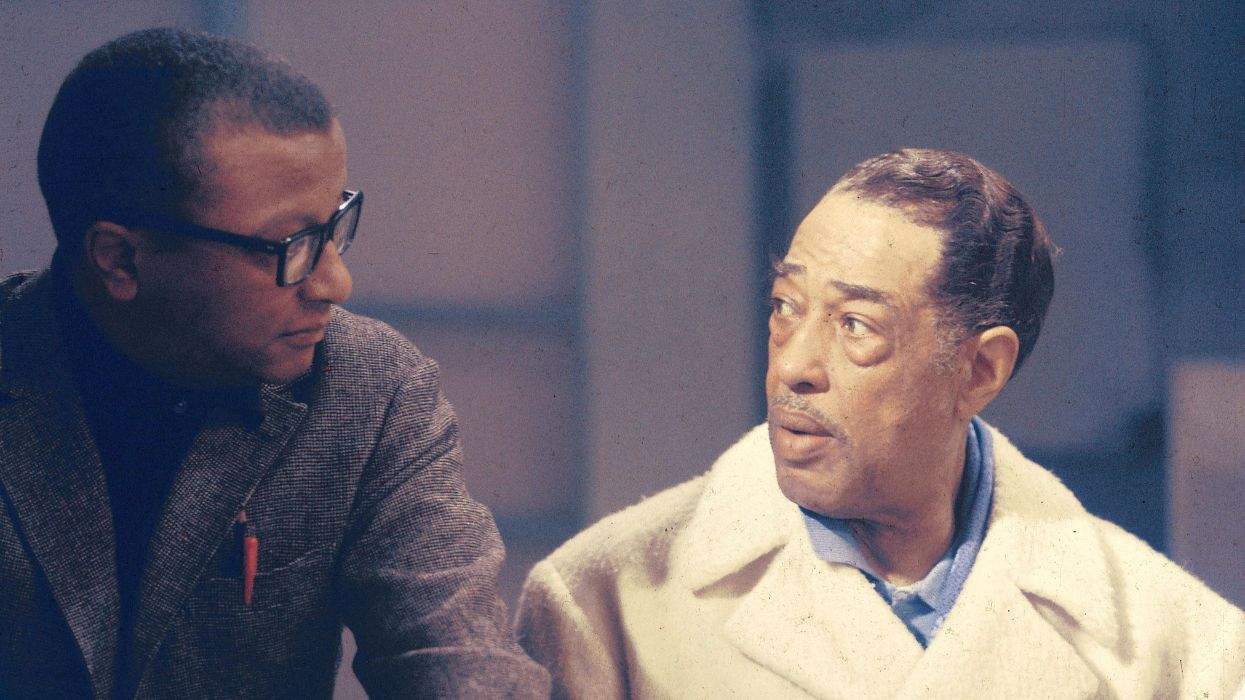
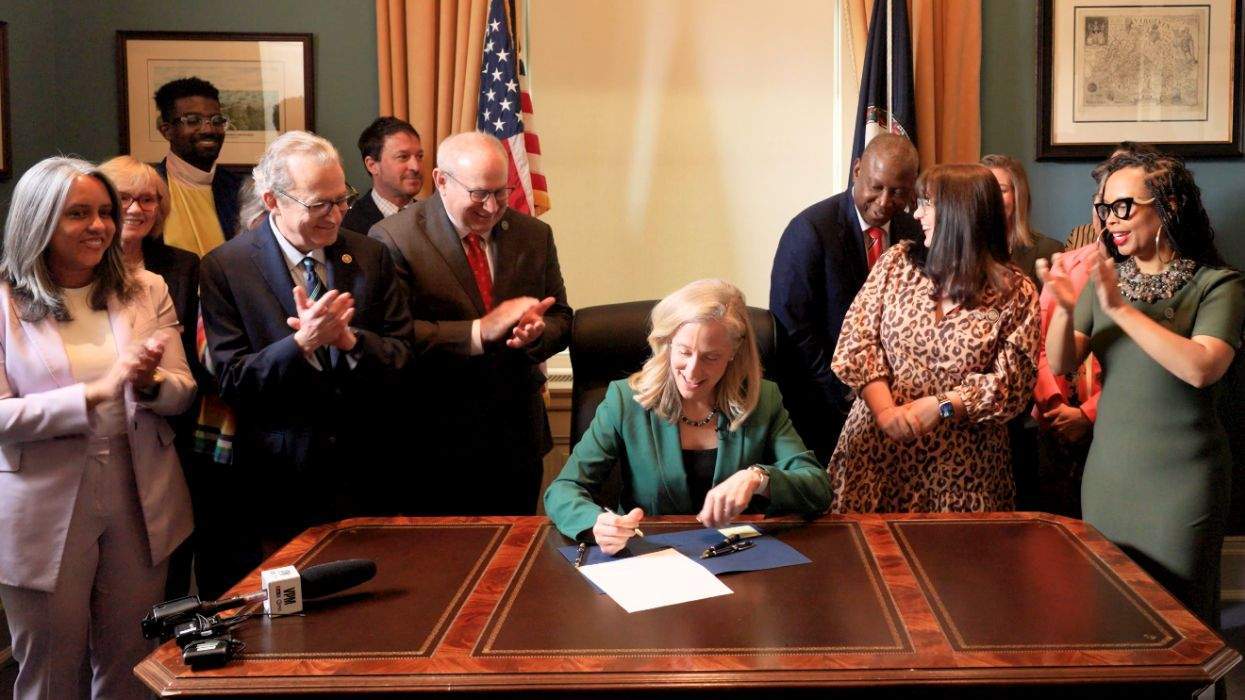
Charlie Kirk DID say stoning gay people was the 'perfect law' — and these other heinous quotes
These are some of his worst comments about LGBTQ+ people made by Charlie Kirk.